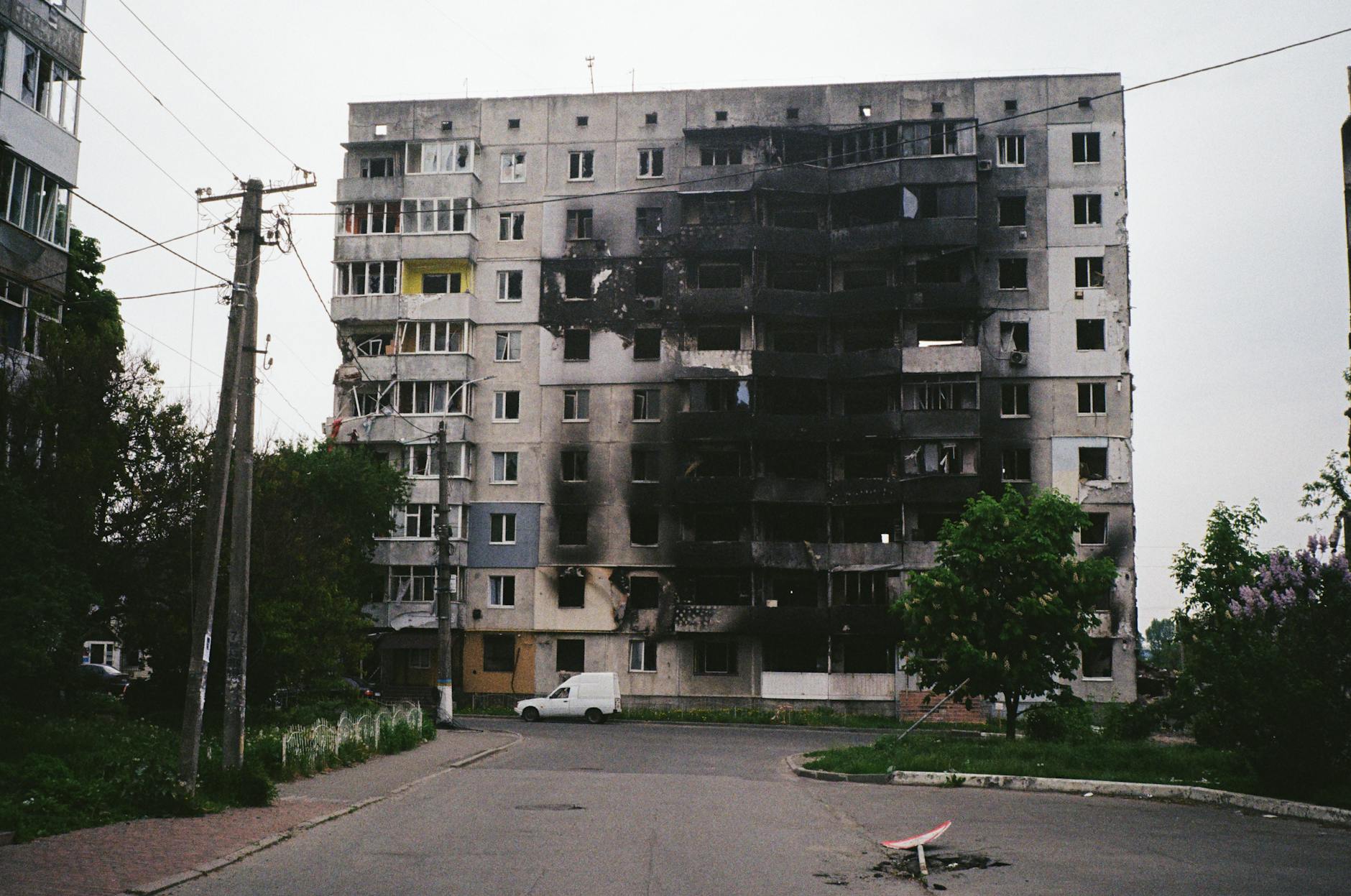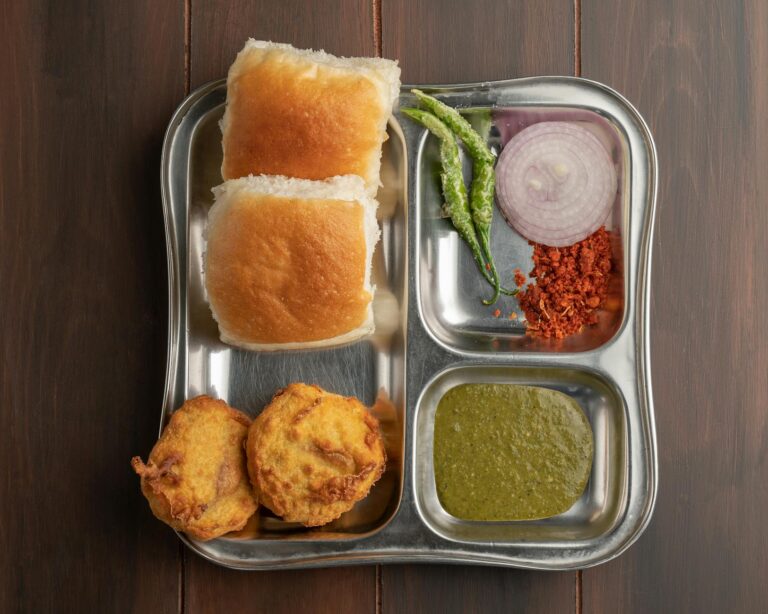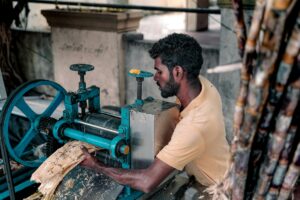Indians Fleeing Iran’s Warzone: “We Thought We’d Never Make It Out Alive”
You know how they say war is hell? Well, try being a foreigner stuck in the middle of it. That’s exactly what happened to hundreds of Indians in Iran last week when the country suddenly turned into a battlefield. And let me tell you, their stories will give you chills.
1. When Paradise Turned Into a Nightmare
1.1 Bombs, Blackouts and Barely Any Food
Imagine this – one day you’re going about your normal life, maybe attending college or working your job. The next? Boom. Literally. Streets empty except for the occasional explosion. Grocery stores either closed or empty. And forget about calling home – networks were down more often than not.
Tazkiya, this girl from Noida I spoke to, put it best: “It was like living in a war movie. Except it was real, and we were the extras who might not survive till the credits.” Chilling stuff.
1.2 Our People Stuck in the Crossfire
Here’s the thing – we’re talking about over 1,000 Indians. Students mostly, but also some professionals who went there for work. These aren’t soldiers or war correspondents – just regular folks like you and me who suddenly found themselves dodging airstrikes.
One engineering student told me, “We’d sleep in the basement some nights because the bombing got so bad. You’d wake up not knowing if you’d live to see dinner.” And honestly? That’s the kind of experience that changes you forever.
2. Operation Sindhu: India’s Race Against Time
2.1 Bringing Our People Home
Thank God for our government stepping up with Operation Sindhu. They pulled off multiple rescue flights – one brought back 290 students alone. The embassy staff? Absolute heroes, working round the clock in dangerous conditions.
“Those embassy guys risked their lives for us,” one evacuee told me, still shaking as he recalled the experience. Makes you proud of our foreign service, doesn’t it?
2.2 The Messy Reality of Evacuations
But here’s the kicker – getting out was a nightmare in itself. Borders closing randomly, flights getting delayed, overcrowded transit points where you’d wait for hours not knowing if you’d make the next plane.
One guy’s story stuck with me: “We finally escaped the bombing, only to get stuck at some border checkpoint for 18 hours with no food or water.” The irony? Surviving war only to nearly collapse from exhaustion trying to leave.
3. Stories That’ll Keep You Up at Night
3.1 Firsthand Accounts from Hell
Tazkiya’s story was bad enough, but some of the others? A medical student described how the sound of sirens became their daily alarm clock. “You’d hear them and just pray this wasn’t the one that hit your building,” she said.
And get this – psychologists are saying many of these returnees will need counseling for years. War trauma doesn’t just disappear because you’re physically safe now.
3.2 Not the First, Probably Not the Last
You know what’s scary? This isn’t unique. Remember those Gaza evacuation stories last year? Same panic, same desperation. But Iran’s different because – let’s be real – when that country catches a cold, the whole region sneezes.
4. The Long Road to Normalcy
4.1 Home, But Not Really Okay
Coming back to India was just step one. Many returnees are struggling – some can’t sleep, others jump at loud noises. NGOs are helping with counseling and financial aid, but money can’t erase memories.
One guy put it perfectly: “My body’s here in Delhi, but my mind? Still back in that basement in Tehran.” Heartbreaking, isn’t it?
4.2 What We Need to Learn From This
Look, we can’t predict wars, but we can be better prepared. Better travel advisories, maybe some mandatory safety briefings for students going abroad. As one foreign policy expert told me, “It’s not about living in fear – it’s about being smart.”
Final Thoughts
At the end of the day, these stories matter. Not just as news, but as reminders of how fragile peace really is. These Indians survived hell – the least we can do is listen, learn, and make sure we’re ready if (God forbid) this ever happens again.
Source: Hindustan Times – India News












